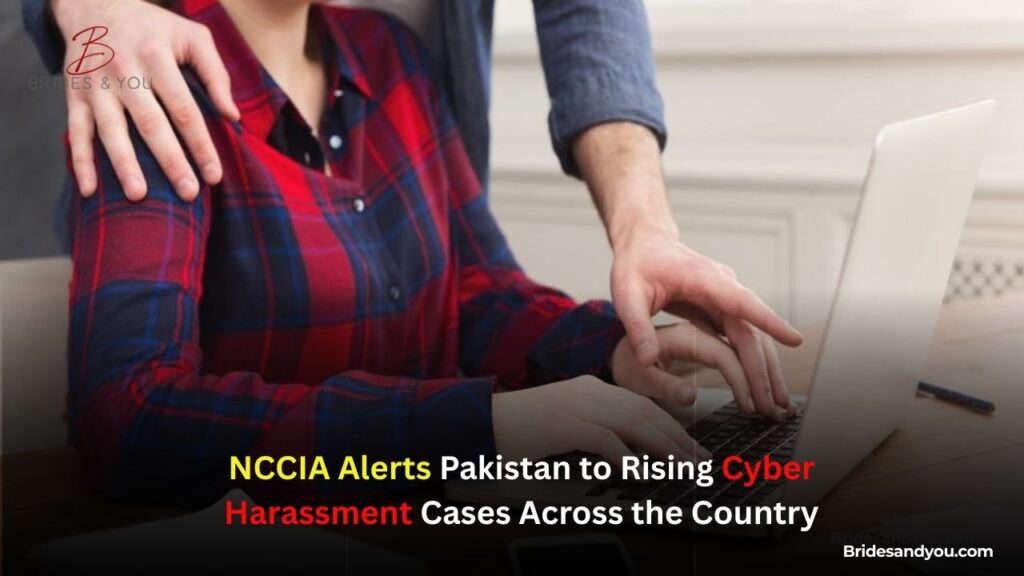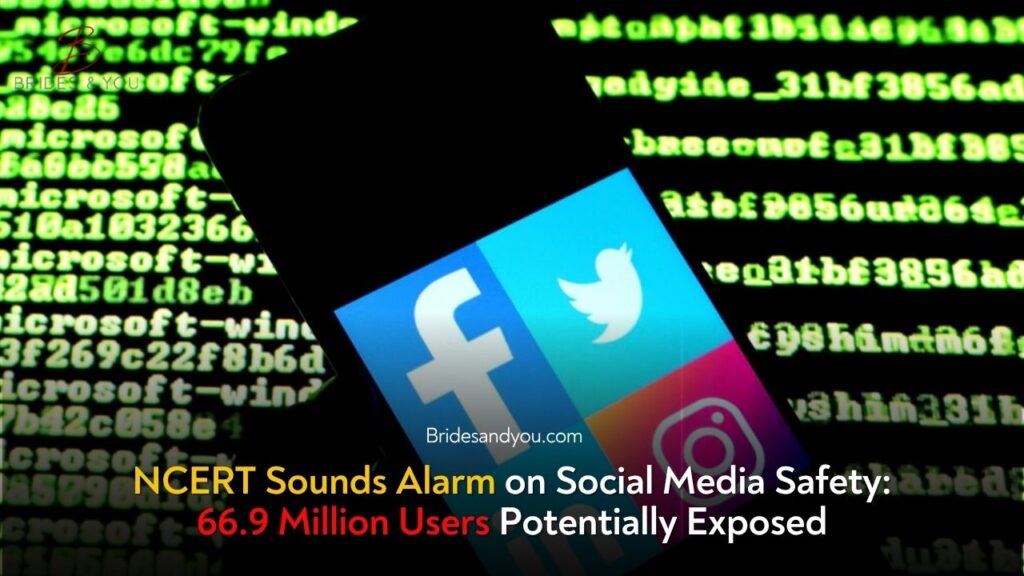Now Reading: CERT Issues Advisory After Massive Data Theft: A Wake-Up Call for Pakistani Users
-
01
CERT Issues Advisory After Massive Data Theft: A Wake-Up Call for Pakistani Users
CERT Issues Advisory After Massive Data Theft: A Wake-Up Call for Pakistani Users

In an alarming development, CERT has issued an advisory after a massive data theft that has compromised personal and sensitive information of over 180 million users worldwide. The advisory, issued by Pakistan’s National Cyber Emergency Response Team (CERT), highlights serious risks not only for individual users but also for government institutions and national digital infrastructure.
This global data breach has impacted users of leading tech giants such as Google, Facebook, Apple, Instagram, and Snapchat, as well as government and financial portals. The magnitude of the breach has raised serious concerns for Pakistani users, especially regarding identity theft, cyberattacks, and account hacking.

What Happened in the Global Data Leak?
According to CERT, the stolen data includes usernames, passwords, email addresses, and other sensitive personal details. This stolen information has reportedly been uploaded to dark web databases, making it accessible to cybercriminals who can launch automated attacks.
Major global platforms were targeted in the breach, indicating that no user is entirely safe unless proper security protocols are followed. The leak isn’t limited to just social platforms; government portals and financial service providers have also been affected.
Why Pakistani Users Need to Take This Seriously
CERT warns that Pakistani citizens are at significant risk following this data breach. The advisory explains that:
- Government agencies and sensitive institutions could also be potential targets.
- Financial losses, identity theft, and misuse of data are immediate threats.
- Cyberattacks could disrupt daily online operations, both personal and institutional.
Given the nature of this cyber breach, CERT has urged all Pakistani users to act immediately and proactively to protect their digital presence.
What You Should Do Right Now – Key Steps to Secure Your Data
Here’s what CERT recommends every Pakistani user must do without delay:
1. Change All Passwords Immediately
Change your passwords for all major accounts, especially for:
- Email services
- Social media platforms
- Banking and payment portals
- Government-related logins
Avoid using similar passwords across multiple accounts and opt for strong, unique combinations.
2. Enable Two-Factor Authentication (2FA)
This is one of the most effective ways to prevent unauthorized access to your accounts. Enabling 2FA ensures that even if your password is compromised, the intruder cannot log in without a secondary code sent to your device.
3. Use a Trusted Password Manager
Password managers help you:
- Store strong and unique passwords safely
- Generate complex passwords
- Avoid the habit of saving passwords in emails or unsecured files
4. Update Antivirus and Security Software
Make sure all your devices have the latest antivirus updates. Security software helps detect suspicious activity and prevents malware infections.
5. Monitor Account Activity
Regularly check for:
- Unusual login activity
- Unauthorized changes to settings
- Unknown devices connected to your accounts
6. Institutional Responsibility
Organizations must:
- Notify affected users
- Strengthen cybersecurity protocols
- Educate employees on best practices
Failure to act promptly could endanger not just individuals, but Pakistan’s entire national digital framework.
Final Thoughts: A Crucial Moment for Digital Vigilance
The CERT advisory is a wake-up call for every internet user in Pakistan. In an increasingly connected world, cybersecurity is not a luxury—it’s a necessity. As the digital landscape evolves, so do cyber threats. Following CERT’s recommendations today could prevent massive losses tomorrow.













